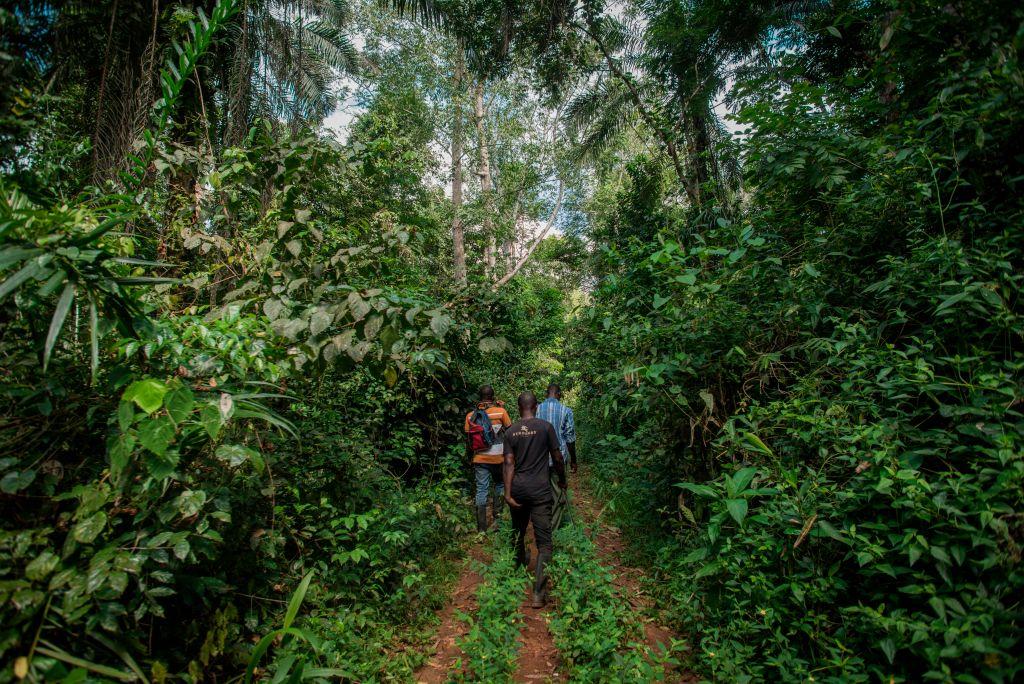China’s desire for furniture made of rosewood is decimating forests in Ghana, as corruption and collusion are driving illegal exports of the valuable timber.
The corruption was uncovered by Washington-based NGO Environmental Investigation Agency (EIA), whose undercover investigators spoke directly with Ghanaian and Chinese traffickers in Ghana, as well as shipping agents.





